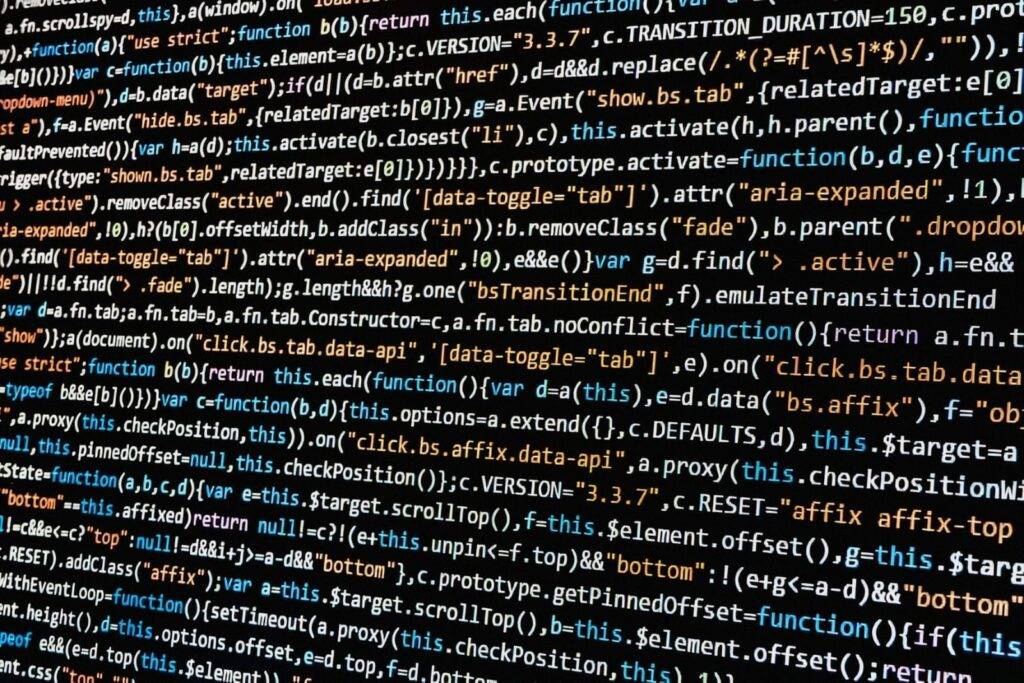
Java data types categorize values: primitives (int, double) store simple values, objects (String) hold complex data. Choose wisely for efficient and accurate programming.
Numeric Types:
byte:
Size: 8 bits
Range: -128 to 127
Common Usage: Used when memory conservation is crucial, or when working with raw binary data.
short:
Size: 16 bits
Range: -32,768 to 32,767
Common Usage: Similar to byte, used in situations where a larger range than byte is needed.
int:
Size: 32 bits
Range: -2^31 to 2^31-1 (approximately -2.1 billion to 2.1 billion)
Common Usage: Default choice for integer values in most cases.
long:
Size: 64 bits
Range: -2^63 to 2^63-1 (approximately -9.2 quintillion to 9.2 quintillion)
Common Usage: Used when a wider range of integer values is needed, or for representing timestamps.
float:
Size: 32 bits
Range: Approximately ±1.4 x 10^-45 to ±3.4 x 10^38
Common Usage: Used for decimal numbers when precision up to seven digits is acceptable.
double:
Size: 64 bits
Range: Approximately ±4.9 x 10^-324 to ±1.8 x 10^308
Common Usage: Default choice for decimal numbers, provides greater precision than float.
Character Type:
char:
Size: 16 bits
Range: Represents a single Unicode character.
Common Usage: Used to store characters and symbols.
Boolean Type:
Boolean:
Size: Not precisely defined, typically implemented as a single byte
Values: true or false
Common Usage: Used for Boolean logic, conditions, and flags.
comment for more coding questions.
share to your friends..
Important Java buzz words and their meanings

Useful data types in python for developers



Comments are closed.